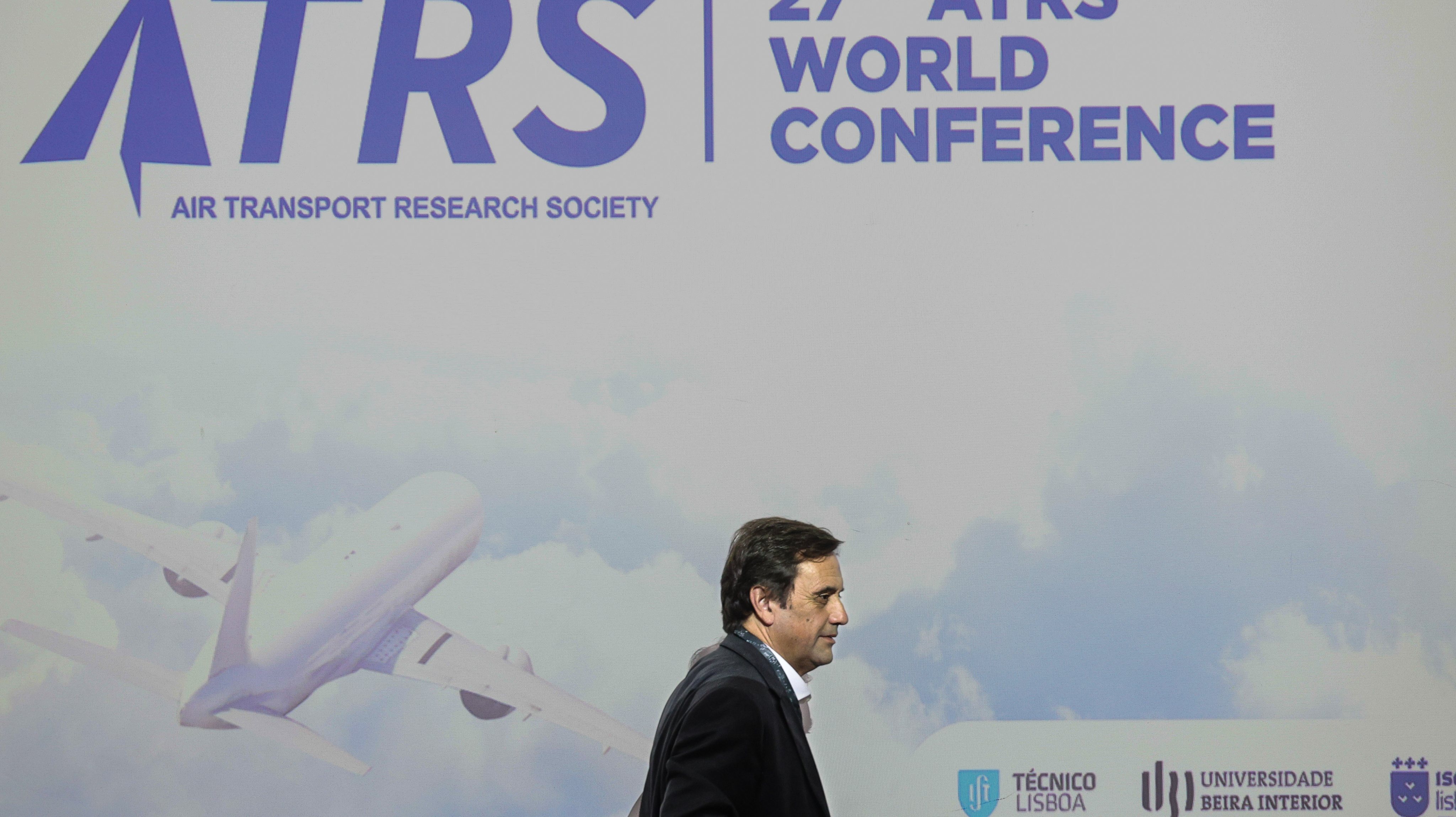TAP’s CEO admits to specific cancellations, but says the company worked with its partners to ensure a summer “as smooth as possible” despite the constraints.
TAP is working with all elements of the aviation ecosystem to “ensure the smoothest summer possible, within the constraints we have” in terms of capacity and service levels at Lisbon airport, the company’s president said.
Speaking to reporters on the sidelines of the international aviation conference, Luis Rodrigues began by pointing out that summer in aviation is “never peaceful” because it is the period of greatest demand in the sector. And, in the post-pandemic recovery years, airports and airlines found it difficult to respond to the huge increase in demand, leading to the cancellation of many flights in Europe.
But when asked about this summer’s operation, the TAP president said that “we are very optimistic” after the planning work carried out with the concessionaire ANA and the aeronautical authority, ANAC. “Sometimes there may be a cancellation, but at this moment it is not on the table.”
Now about the privatizationLuis Rodrigues says the company is “always prepared for any scenario”but this is a political decision. He quoted statements by the Minister of Infrastructure, Miguel Pinto Luz, with the aim of relaunching the sale process by September. During the ATRS (Air Transport Research Society) conference, the president of TAP had already been asked about the company’s future partner, without answering. And when asked when there would be direct flights between Lisbon and Beijing, he replied: “Our strategy is to fly to the West, but it may be that the new shareholder, whoever it is, has different ideas.”
During his presentation, TAP’s CEO acknowledged that planes are “very noisy” and “visible,” but argued that public perception of the size of the carbon footprint is much larger than reality. Aviation’s contribution to greenhouse gases is 2.5%, but that is still “too much.” Regarding the possibility of charging passengers a new fee to finance the transition to greener fuels, as Lufthansa did, Luís Rodrigues says the company is evaluating all options, but it will be the global agenda and future regulatory impositions that will determine the pace of the transition to sustainable fuels.
Source: Observadora
